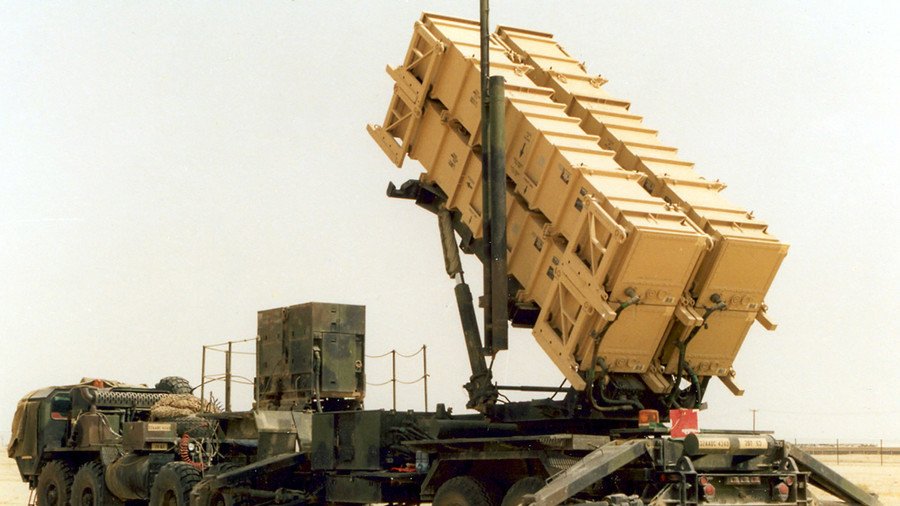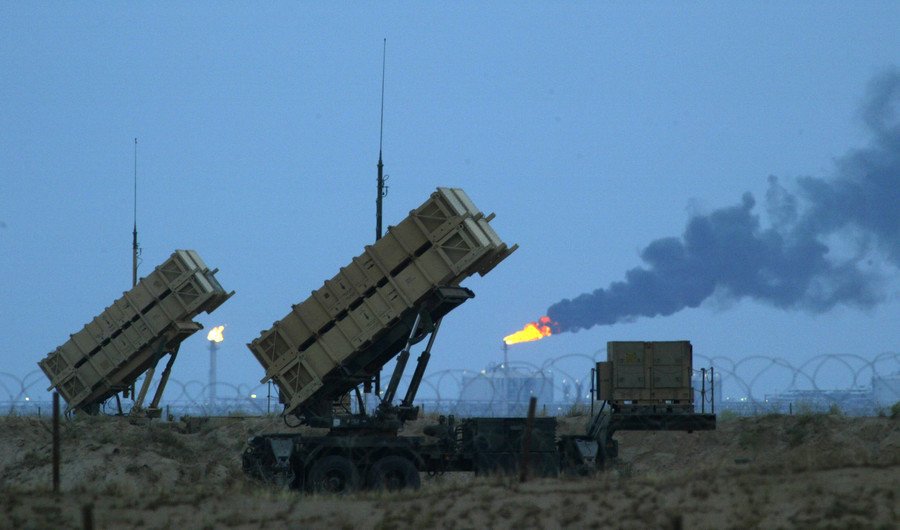S-300s in, Patriots out: US to withdraw missiles from 3 Middle East countries – report

The Pentagon will remove four batteries of PAC-3 Patriot missiles from three Middle-Eastern countries, according to the Wall Street Journal. The report said the missiles are needed elsewhere to counter China and Russia.
The US newspaper said Jordan and Bahrain will lose one battery of US long-range anti-aircraft missiles next month, while Kuwait will part with two. The systems are not meant to be replaced, so the withdrawal would permanently reduce the defensive capabilities of the three nations. The systems are already offline and are being prepared to be moved, a military source told the WSJ.

The report would not disclose where the Patriot missiles would be redeployed, but said it was part of the Pentagon’s strategy of changing focus from the Middle East towards China and Russia, which were named as the main threats to US global interests in the Trump administration’s defense strategy review.
The MIM-104 Patriot is the US counterpart to the Russian S-300 and S-400 systems. Currently in its PAC-3 version, the long-range air-defense system is used to defend strategic locations from enemy aircraft and missiles. Ironically, the US move was announced just as Russia decided to supply the S-300 system to the Syrian government, after the downing of a Russian Il-20 plane by outdated Syrian air-defense forces during an Israeli air raid.
#Russia to supply S-300 to #Syria within 2 weeks after Il-20 downing during Israeli raid – MoD https://t.co/j7mTRXNhuSpic.twitter.com/6KjzpBxmo2
— RT (@RT_com) September 25, 2018
Responding to the report, the Kuwaiti military downplayed the Pentagon’s decision, saying their own long-range air-defense systems – the same Patriot missiles bought from the US – would be enough to protect the nation.
Washington regularly uses the deployment of advanced weapon systems to allied nations as a bargaining chip, where those countries wish to boost their defenses. For instance, in early 2013, the US, Germany and the Netherlands deployed their Patriot batteries to Turkey, as Ankara complained about a threat posed by the war in neighboring Syria.
Turkey didn’t have a developed national air-defense system at the time and was selecting which long-range SAMs to buy, with American, European and Chinese producers competing for the contract.
As Turkey’s relations with its American and European allies soured over the years, the initial arms providers pulled out their assets, with Spain and Italy stepping in. The falling-out was also reflected in Turkey’s decision to purchase the Russian S-400 system rather than one produced by a NATO member, despite objections from Washington.
Think your friends would be interested? Share this story!














